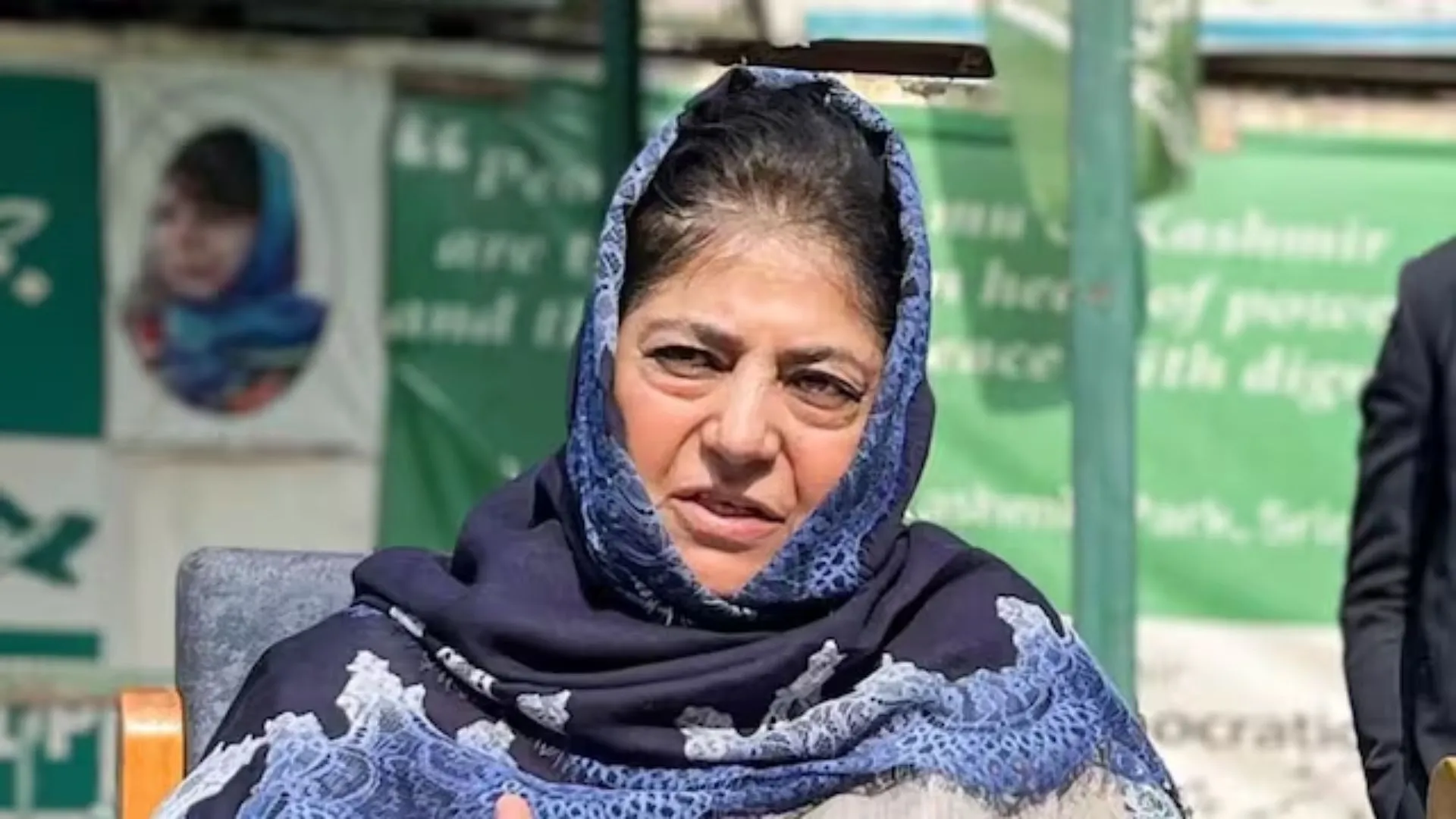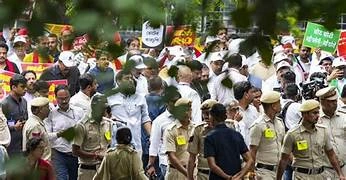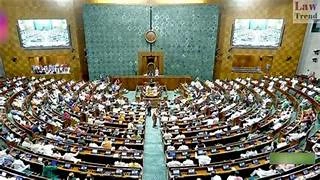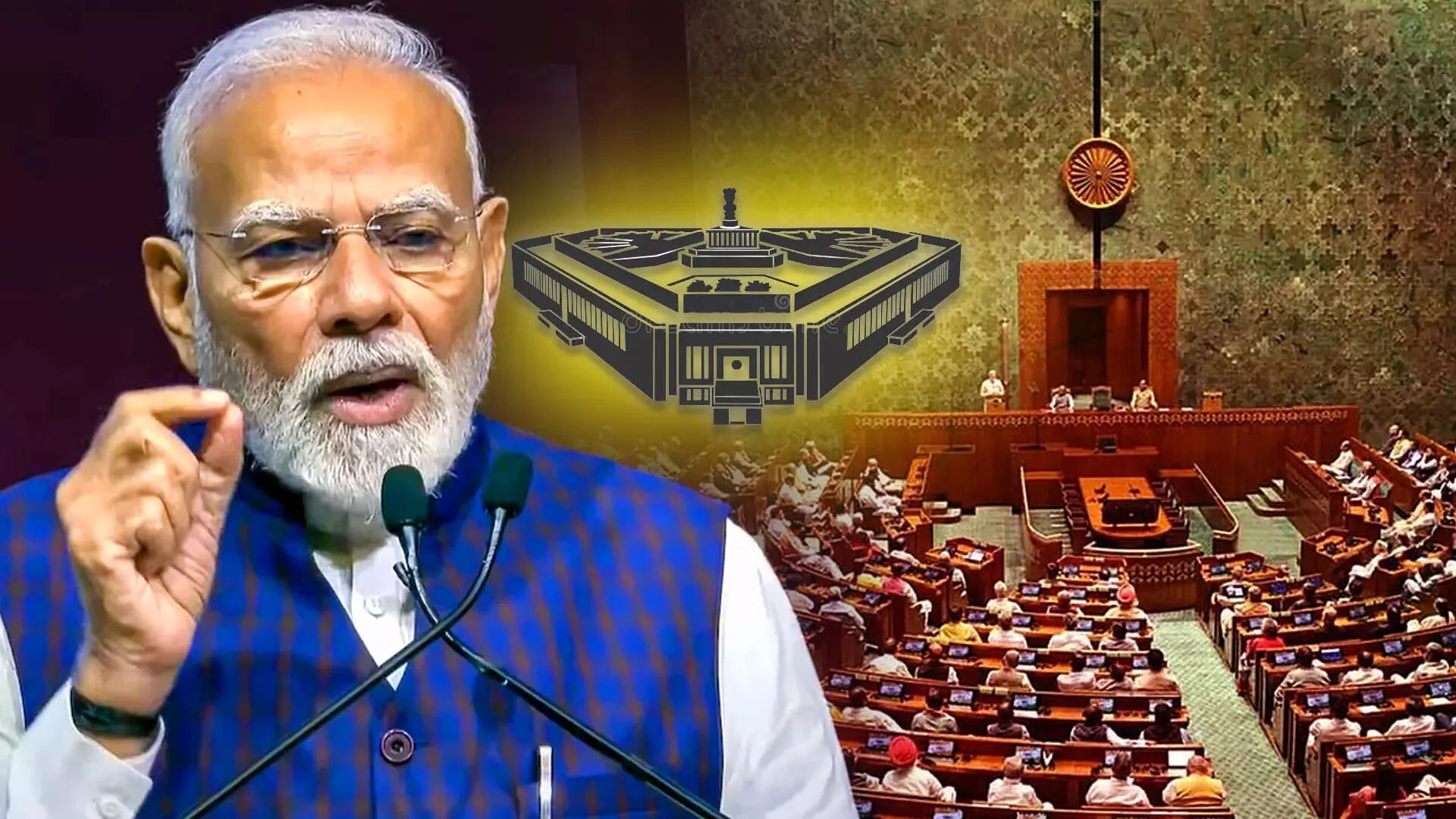05-apr-2025, 02:52 PM In a powerful statement of reform and inclusion, the All India Muslim Women Personal Law Board (AIMWPLB) has expressed its support for the Waqf Amendment Bill, marking a turning point in the conversation about women’s rights within religious governance. This endorsement has been welcomed by policymakers and reformists alike, as it shines a spotlight on the increasing participation of Muslim women in shaping legislative frameworks that affect their community. As the Bill aims to bring transparency, accountability, and inclusiveness in the management of Waqf properties, it holds particular significance for women, who have long been underrepresented in these domains.
H2: Why the Waqf Amendment Bill Matters for Muslim Women
The Waqf Amendment Bill introduces several reforms that directly impact the functioning of Waqf Boards across India. The legislation seeks to digitize Waqf properties, bring transparency to their administration, and ensure that community representation, including women, is guaranteed in governance.
H3: Greater Representation for Muslim Women in Waqf Boards
A key provision of the Bill mandates the inclusion of at least one woman in every State Waqf Board. For Muslim women, this is a monumental shift. Traditionally, Waqf boards have been male-dominated, with minimal female involvement in their decision-making processes. The amendment allows women to bring their perspectives to the table, ensuring that their voices are heard in matters concerning community welfare, property usage, and religious infrastructure.
This move has been hailed by the All India Muslim Women Personal Law Board as a “historic opportunity” for women to contribute meaningfully to religious institutions, promoting gender equity and democratic participation.
H2: The Role of AIMWPLB in Advocating for Muslim Women
The All India Muslim Women Personal Law Board has long championed the cause of women’s rights within the Islamic framework. From issues related to triple talaq to education and social justice, the Board has taken progressive stands that reflect the evolving aspirations of Muslim women across India.
H3: Bridging Faith with Modern Legal Reforms
The Board’s support for the Waqf Amendment Bill is grounded in its belief that Islamic values are compatible with democratic and transparent governance. By endorsing the bill, the AIMWPLB affirms that empowering Muslim women is not in contradiction with religious teachings, but rather an expression of justice and equality—a key component of Islamic jurisprudence.
The Board has urged women across the country to educate themselves about the bill and participate in dialogues that affect their lives and futures.
H2: Political Reactions and Support for Muslim Women’s Empowerment
The central government has warmly welcomed the support extended by the Muslim women’s board, describing it as a validation of the bill’s progressive intentions. Leaders from various parties have acknowledged that inclusion of women in Waqf Boards can act as a catalyst for broader reforms in religious and social institutions.
H3: Turning the Spotlight on Inclusivity
Political analysts have noted that the active involvement of Muslim women in legislative support represents a paradigm shift. For the first time in decades, a collective female voice from within the community is being heard at the national stage. The Waqf Amendment Bill, though initially met with skepticism by some, now enjoys wider public and institutional support, largely due to the endorsement by women-led groups.
This support could pave the way for similar reforms in other religious institutions, ensuring that women are no longer relegated to the margins of decision-making.
H2: Addressing Concerns and Misconceptions
As with any significant reform, the Waqf Amendment Bill has faced opposition from certain conservative quarters, who view it as government interference in religious matters. However, Muslim women and progressive scholars argue that the real intention of the bill is to clean up corrupt practices, digitize records, and ensure fair administration.
H3: Muslim Women as Agents of Change
In response to critics, the AIMWPLB has emphasized the need to move forward rather than remain tied to outdated structures that do not serve the community effectively. Muslim women are increasingly taking the lead in ensuring that religious institutions are accountable, inclusive, and socially responsible. Their support for the bill reflects a deep understanding of how systemic changes can uplift not only women but the entire community.
This transition is not about discrediting traditions but rather about reforming them for the modern world, while staying rooted in faith.
H2: Impact on Young Muslim Women and Future Generations
One of the most important outcomes of this development is the inspiration it offers to younger generations of Muslim women. With more female representation in religious boards and legal discourse, girls growing up today can see tangible role models in leadership positions—within both community and government frameworks.
H3: Opening Doors to Participation and Education
The endorsement of the Waqf Amendment Bill also underlines the importance of educating Muslim women about their legal and civic rights. Through seminars, social media, and grassroots campaigns, the AIMWPLB has already begun outreach efforts to create awareness about the bill and its implications.
Educating women ensures they are not only participants in reforms but also leaders of future reforms. This ripple effect will likely result in more inclusive institutions and empowered communities.
H2: Media and Public Reactions to the Muslim Women’s Endorsement
Media coverage of the AIMWPLB support has been overwhelmingly positive, with commentators praising the proactive role played by Muslim women in shaping public policy. Social media has amplified these voices, with hashtags such as #MuslimWomenForReform and #SupportWaqfBill trending across platforms.
H3: A Moment of Unity and Progress
The moment also represents a rare convergence of religious values, constitutional rights, and public policy. It demonstrates that Muslim women, once considered passive observers in religious governance, are now active changemakers with a clear vision for an inclusive and progressive society.
This narrative of unity and empowerment challenges outdated stereotypes and proves that social reform is most effective when driven by those it aims to uplift.
Conclusion: Muslim Women Leading a Reformist Wave
The All India Muslim Women Personal Law Board’s endorsement of the Waqf Amendment Bill is more than a political statement—it is a call to action. By stepping into the spotlight, Muslim women are asserting their right to participate in shaping the systems that govern their lives.
This development not only strengthens the democratic fabric of India but also provides a roadmap for inclusive reforms in other communities. The message is clear: when Muslim women lead, progress follows. And with legislation like the Waqf Amendment Bill, that progress is no longer a distant dream—it is becoming a reality.





